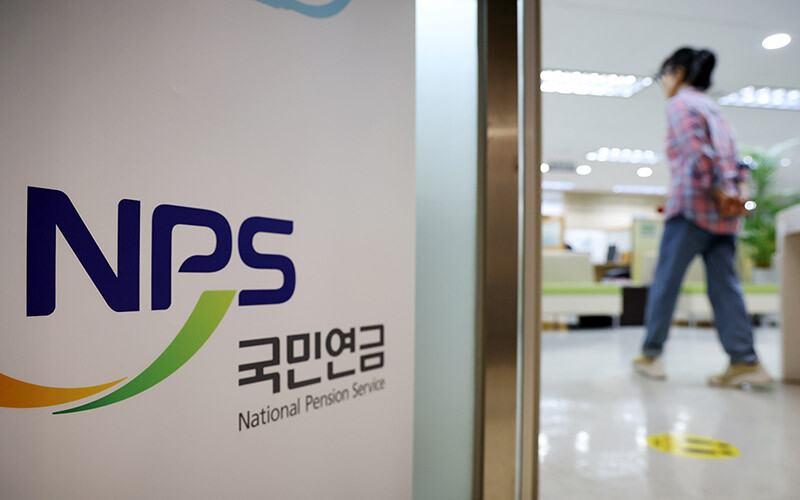
SEOUL—In a proactive move to address the looming crisis of youth pension insecurity, the South Korean government is set to launch a new policy in 2027 that will directly support the pension enrollment of young citizens. Under the "First-Ever Youth National Pension" initiative, the state will cover the initial three months of National Pension Service (NPS) contributions for every citizen who turns 18. This policy is the culmination of years of debate and is seen as a direct response to growing concerns over the younger generation’s disengagement from the national pension system.
The rationale behind the policy is compelling. As of 2023, only about a quarter of South Koreans aged 18 to 24 were actively contributing to the NPS. This figure is alarmingly low when compared to the 80% participation rate seen in many OECD countries. This "pension gap" among young people is largely attributed to societal factors unique to South Korea, including prolonged periods of higher education, mandatory military service for men, and an increasingly competitive job market that delays entry into the workforce. The result is a generation that, through no fault of its own, is starting its retirement savings journey years behind schedule. Research indicates that a five-year delay in joining the workforce combined with a decade of unemployment could reduce an individual's eventual pension benefits by more than 30%.
The new policy, spearheaded by President Lee Jae-myung's administration, is designed to be both an incentive and a symbolic gesture. By providing this initial financial boost, the government aims to jumpstart the pension journey for young people and, more importantly, combat the widespread cynicism that the pension system is unsustainable or that benefits will not be available when they retire. The early start is critical, as the size of one’s future pension is directly tied to the length of the contribution period. Getting young people enrolled at the earliest possible age will have a compounding positive effect over their lifetime.
A major hurdle for this policy was the initial opposition from the Ministry of Health and Welfare. The ministry had previously raised concerns about the fairness of such a program and the potential for it to be exploited by wealthy families. Under a former system, families could enroll their non-working children early and then use a "catch-up payment" (추후납부) system to make large, lump-sum contributions later in life, thereby maximizing their pension benefits. However, recent reforms that have limited this catch-up payment period to 10 years have assuaged these concerns, paving the way for the nationwide implementation of the youth pension initiative.
Experts are optimistic about the policy's potential impact. They believe it will not only boost early enrollment rates but also increase the overall contribution rate among people in their twenties. However, some argue that more comprehensive reforms are needed, such as crediting military service time toward pension contributions, to truly address the structural issues that hinder youth participation.
This bold step by the government is more than just a financial subsidy; it is an effort to re-engage a generation that has grown increasingly skeptical of the institutions meant to protect them. The success of this policy could serve as a turning point, not only in building a more robust social safety net but also in rebuilding the trust between the government and its future leaders.
[Copyright (c) Global Economic Times. All Rights Reserved.]




























